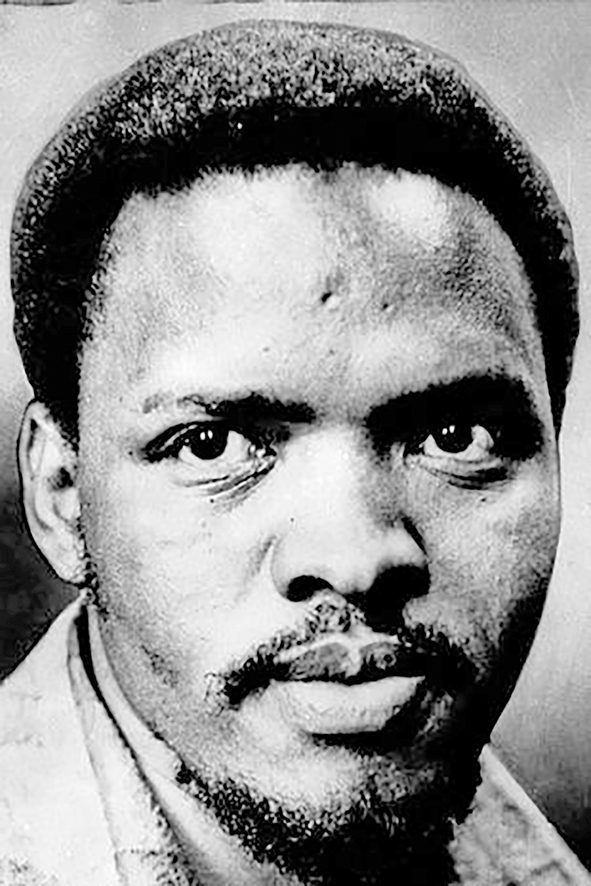Bantu Stephen Biko – the best president South Africa never had – was just five months old when on April 21, 1947, the future queen of the United Kingdom, Elizabeth, visited his homeland.
Biko, at that age had no clue he was born into a world where the colour of his skin will 29 years later lead to his gruesome death at the hands of a racist government.
Princess Elizabeth celebrated her 21st birthday in Cape Town. She was accompanied on the trip by her late father and predecessor King George VI, mother Elizabeth and younger sister princess Margaret.
South Africa was not the royal family’s only stop in its three-month journey (February to April) through their Southern African dominions (Southern Rhodesia (Zimbabwe), Swaziland, Basutoland (Lesotho) and the Bechuanaland Protectorate (Botswana) as the family paid its African subjects a visit. How nice!
Coming of age, Princess Elizabeth delivered a speech from Cape Town, broadcast on the BCC. The speech perhaps contained one of the most quoted passages of the now departed monarch.
“I declare before you all that my whole life, whether it be long or short, shall be devoted to your service and the service of our great imperial family to which we all belong.”
A long life she had. The Queen did not visit South Africa again until 1995, after the end of apartheid. During her second coming, the newly free South Africa rejoined the Commonwealth, which it had left in 1961.
Even before she first set foot in South Africa in 1947, a lot of black people’s blood had been spilled in the wars of resistance. The British colonists had their fair share of innocent blood – a cruelty her predecessors and she never acknowledged as a crime against humanity.
The native’s land was taken away. Little is recorded in history on where the princess and later the queen stood on issues of racism and the dehumanisation of black people in the land of their birth. Queen Elizabeth II never acknowledged, at least publicly, the monarchy’s historical role in supporting the slave trade.
And her silence must condemn her to history’s dustbin.
Let the British mourn their queen. I choose to remember Biko. He who was slain 45 years ago to the day tomorrow by a depraved and racist government.
September 12 1977, saw night fall on a different world – Biko was silenced and brutalised in the worst way imaginable.
The apartheid government had come across thousands of activists before – and perhaps, beside Robert Sobukwe – they had not had to contend with a black man, who had all the attributes to become the first black president of a free South Africa. Biko was that man. And the racist police didn’t know how to contain him.
For how could you contain a man with such an immaculate mind as Biko’s, except to kill him?
Even that didn’t work – his work on black consciousness inspired an entire generation. And it is not with this generation that Biko’s lifework will die.
It was not only Biko’s naked body that was dragged in the back of a police van over a huge distance that fateful day. It was not only his head that took blows.
It was the collective dignity of black people who dared to seek a new world in which their skin colour, culture and way of life would not see them subjugated to second class in the country of their birth.
Forty-five years since his callous killing, his legacy continues to stand the test of intellectual inquiry.
Andrew Young, the then US ambassador to the United Nations, better described the impact of Biko’s death and correctly described his death as a foremost loss to the future of South Africa.
“No nation can afford to lose its most dedicated and creative leadership and yet prosper. I know personally how much the United States suffered nationally as a result of the similarly tragic deaths of president John Kennedy, Dr Martin Luther King Jr and senator Robert
Kennedy. These losses cost us nearly a decade of progress.”
In the South African context, the death of Biko and like-minded comrades cost the country decades of quality and visionary leadership.
Julie K Fergusson, in her body of work, says at his death, Biko was a hero to the black majority and a threat to the white minority.
She goes on to describe Biko’s dominant themes: Black Humanity, Black Unity, Black Courage, and Black Self-Reliance, which stand in opposition to four themes of white dominance: dehumanisation, separation, fear and control.
Biko remains on the right side of history. God save Biko’s legacy.
Follow @SundayWorldZA on Twitter and @sundayworldza on Instagram, or like our Facebook Page, Sunday World, by clicking here for the latest breaking news in South Africa. To Subscribe to Sunday World, click here




